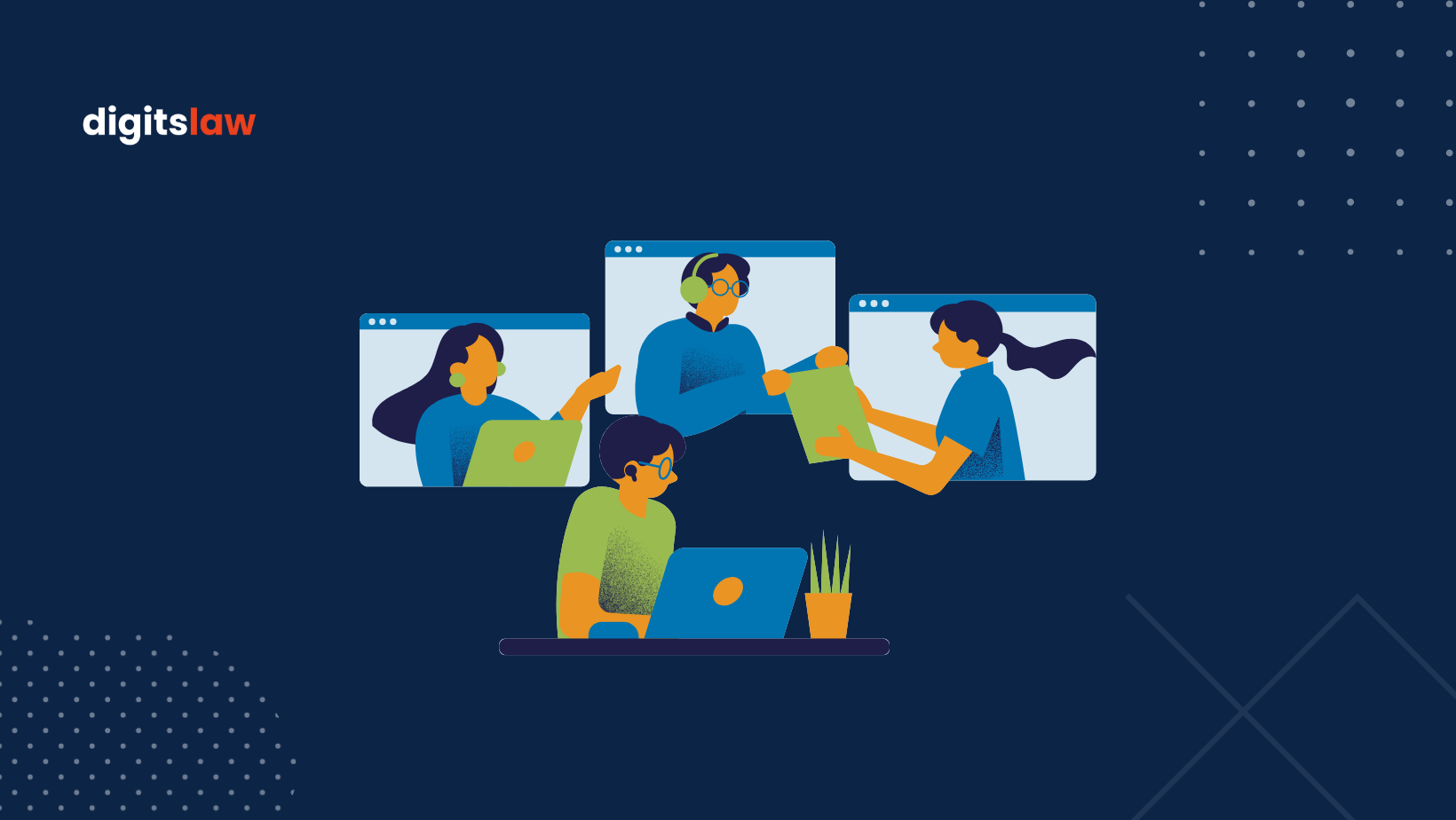The legal industry is constantly evolving, and one of the most significant changes in recent years has been the rise of legal technology. Legal technology, or “legal tech,” refers to the use of software, hardware, and other technologies to improve law practice. From streamlining administrative tasks to improving research capabilities and client communication, embracing legal technology can revolutionize the way lawyers work. Read on to learn more about harnessing the full benefits of legal technology for your practice.

What is Legal Technology?
Legal technology refers to the use of technology and software applications to streamline and enhance various aspects of the legal profession. It encompasses a wide range of tools and systems designed specifically for lawyers and legal professionals to improve efficiency, automate tasks, and deliver better legal services.
Legal technology encompasses diverse areas such as case management software, document automation, contract management systems, legal research platforms, collaboration tools, and more. These technologies aim to simplify complex legal processes, reduce manual labor, enhance research capabilities, and improve communication and collaboration among legal teams. By leveraging legal technology, lawyers can save time, increase productivity, reduce errors, improve client service, streamline workflows, and stay up-to-date with the ever-changing legal landscape.
Types of Legal Software Law Firms Use
There are different types of legal software systems, and each of them can help you handle the increasing demands of your law firm. They include:
Case Management
This is a software system that assists in managing various aspects of a law firm’s operations. It provides a range of tools and features to streamline the handling of cases, such as organizing client data, tracking deadlines and tasks, facilitating communication, and generating reports. A case management tool is designed to enhance efficiency and collaboration within the firm, ultimately leading to better client service and improved workflow.
Document Management
Legal document management involves the systematic organization, storage, and retrieval of legal documents within a law firm or legal department. It utilizes specialized software to streamline the management of legal documents, ensuring easy access, version control, collaboration, and compliance. These systems provide a centralized repository for storing and categorizing legal documents. Legal document management systems enhance productivity, efficiency, and compliance by facilitating document collaboration, retrieval, and adherence to legal and regulatory requirements.
Legal Billing And Tracking Software
This software specifically caters to the needs of law firms and legal professionals by managing their billing processes and tracking billable hours or services. It offers specialized features and functionalities tailored to the unique requirements of the legal industry. In addition to the general features of billing and tracking software mentioned earlier, legal billing and tracking software typically includes the following functionalities:
- Time Tracking: This software allows legal professionals to accurately track and record billable hours spent on different client matters or cases. This can be done through manual time entries or by using timers that automatically capture time spent on specific tasks.
- Expense Tracking: Legal billing software provides the ability to track and categorize expenses incurred on behalf of clients, such as court fees, travel expenses, or research costs. It also facilitates the reimbursement process by associating expenses with specific matters and clients.
- Trust Accounting: For law firms that handle client funds in trust accounts, the software offers trust accounting capabilities to manage and track these funds separately from operating accounts. This includes features for managing retainer balances, tracking client funds, and generating trust account reports.
- Compliance and Reporting: Legal billing software often includes features to generate compliant billing statements, track payment statuses, and generate reports for financial analysis, profitability, and performance measurement.
By utilizing legal billing and tracking software, law firms can efficiently manage their billing processes, accurately track billable time and expenses, and improve financial management in accordance with the specific requirements of the legal industry.

Online Payment Processing
Online payment processing for law firms involves incorporating specialized software that simplifies the payment process, allowing for easy and secure payment transactions. Unlike generic payment processors like Stripe, legal payment processing software is designed specifically for law firms and ensures compliance with trust accounting rules. By utilizing legal payment processing software, law firms can offer their clients convenient and secure payment options while ensuring adherence to the unique financial regulations governing the legal industry.
How Technology Is Changing The Legal Profession
Technology is transforming the legal profession in significant ways, revolutionizing how legal professionals operate, collaborate, and serve their clients. Here are some key ways technology is changing the legal profession:
Enhanced Efficiency
Legal Technology automates manual and repetitive tasks, saving time and increasing efficiency. Legal professionals can leverage tools like document automation, case management software, and electronic discovery software to streamline processes, handle large volumes of data, and complete tasks more quickly.
Remote Work and Virtual Collaboration
Technology enables remote work and virtual collaboration, allowing legal professionals to work from anywhere and collaborate seamlessly with colleagues and clients across different locations. Video conferencing, virtual meeting platforms, and cloud-based collaboration tools facilitate communication and teamwork.
Improved Access to Information
Online legal research platforms provide instant access to vast databases of case law, statutes, and legal resources. Legal professionals can efficiently search for precedents, analyze legal issues, and stay updated on the latest developments, resulting in more informed and effective legal representation.
Enhanced Client Service
Technology enables law firms to provide better client service through online portals, client relationship management (CRM) software, and self-service options. Clients can access case updates, securely communicate with their lawyers, view documents, and make online payments, fostering transparency, convenience, and prompt communication.
Legal software systems play a vital role in modernizing and streamlining the operations of law firms and legal professionals. By leveraging technology, these software systems enable efficient management of cases, documents, billing, payments, research, and other critical aspects of legal practice.

Source – Avvoka
However, the successful implementation and utilization of legal software systems require careful consideration. Law firms should assess their needs, choose reliable and reputable software providers, and ensure seamless integration with existing workflows and systems. Adequate training and ongoing support for users are also crucial for maximizing the benefits of these software solutions.
Overall, legal software systems are instrumental in transforming the legal profession, enabling legal professionals to work smarter, serve clients more effectively, and adapt to the evolving demands of the legal landscape. By embracing these solutions, law firms can unlock new levels of efficiency, productivity, and success in an increasingly technology-driven world.
DigitsLaw is a legal software system that streamlines and simplifies the day-to-day operations of a law firm, allowing legal professionals to focus on what really matters. Our intuitive and user-friendly platform provides a centralized location to manage clients, cases, billing, accounting, and more. With DigitsLaw, law firms can enjoy a more organized and efficient workflow, freeing up time to deliver the best possible results to their clients.







